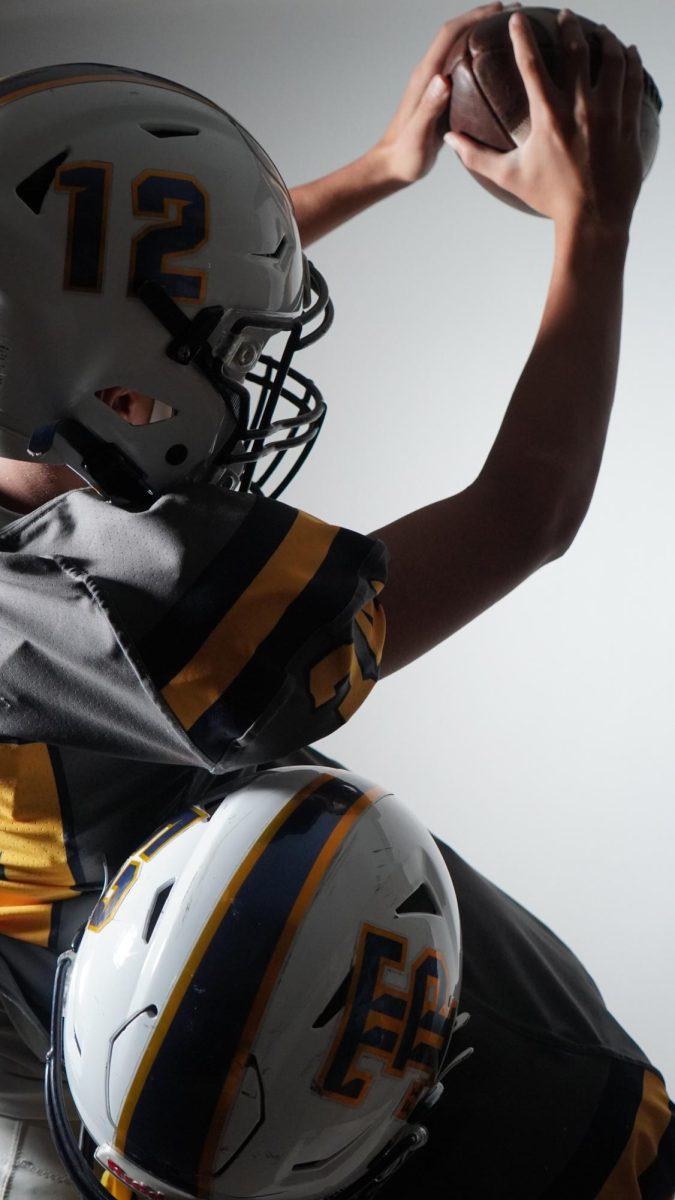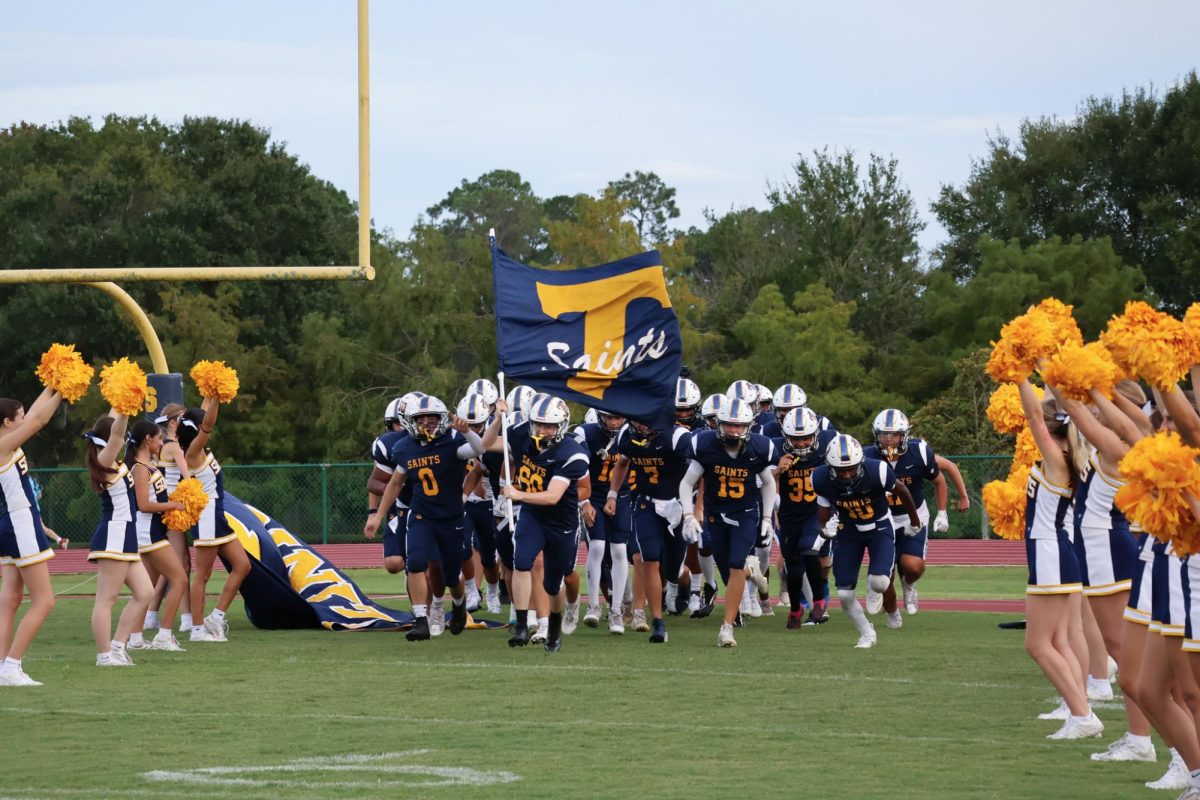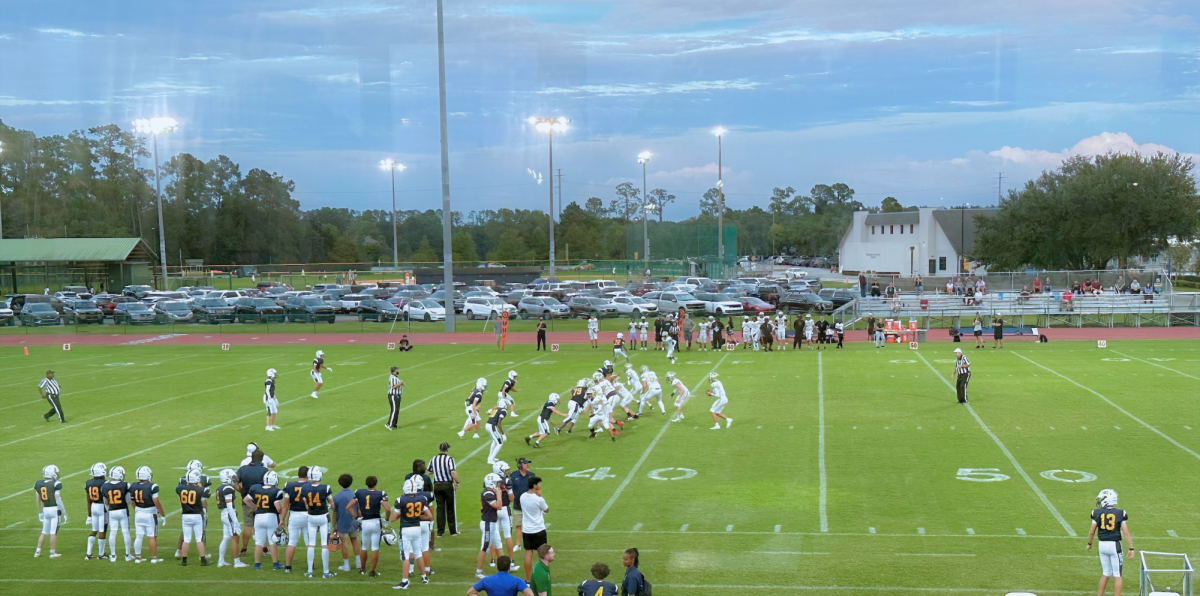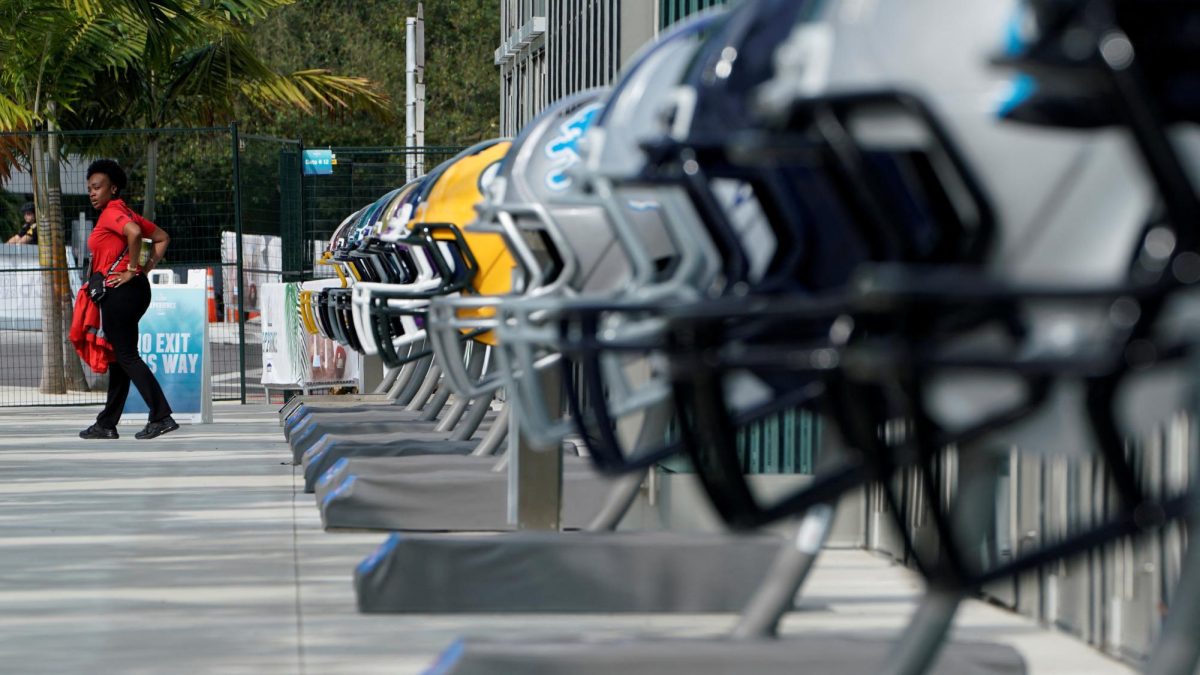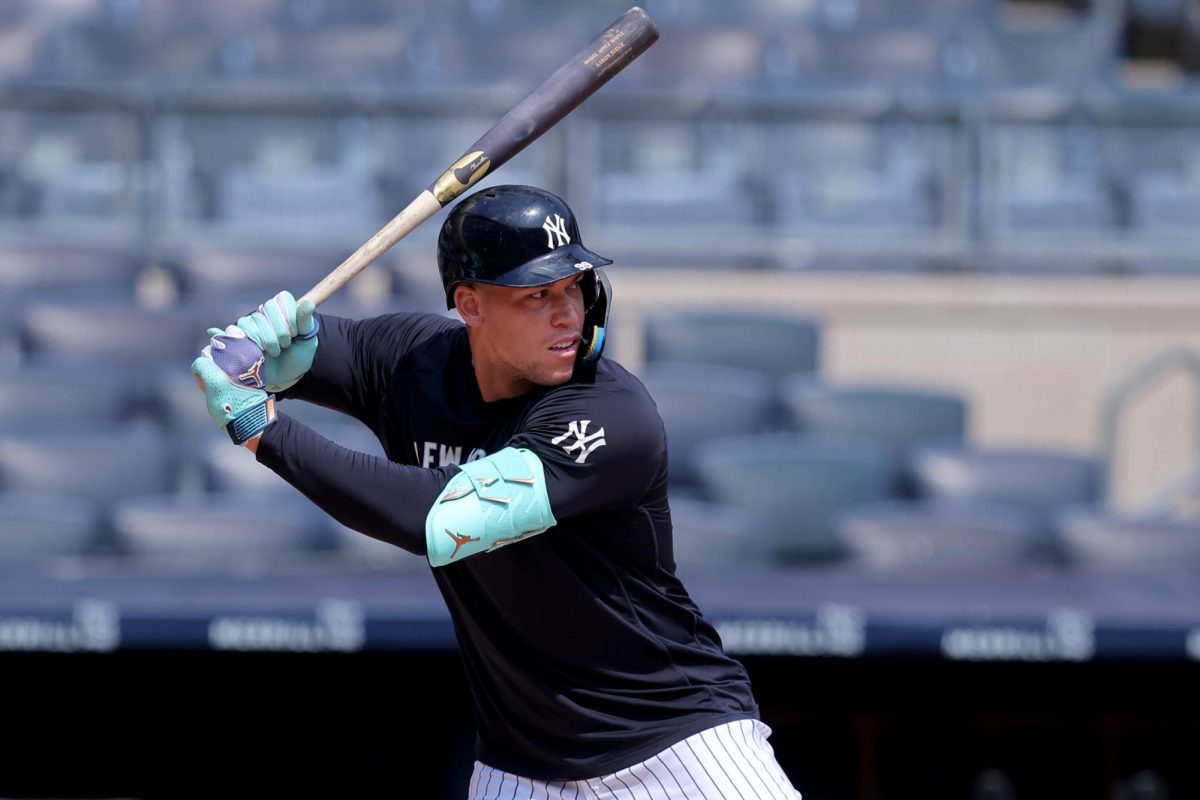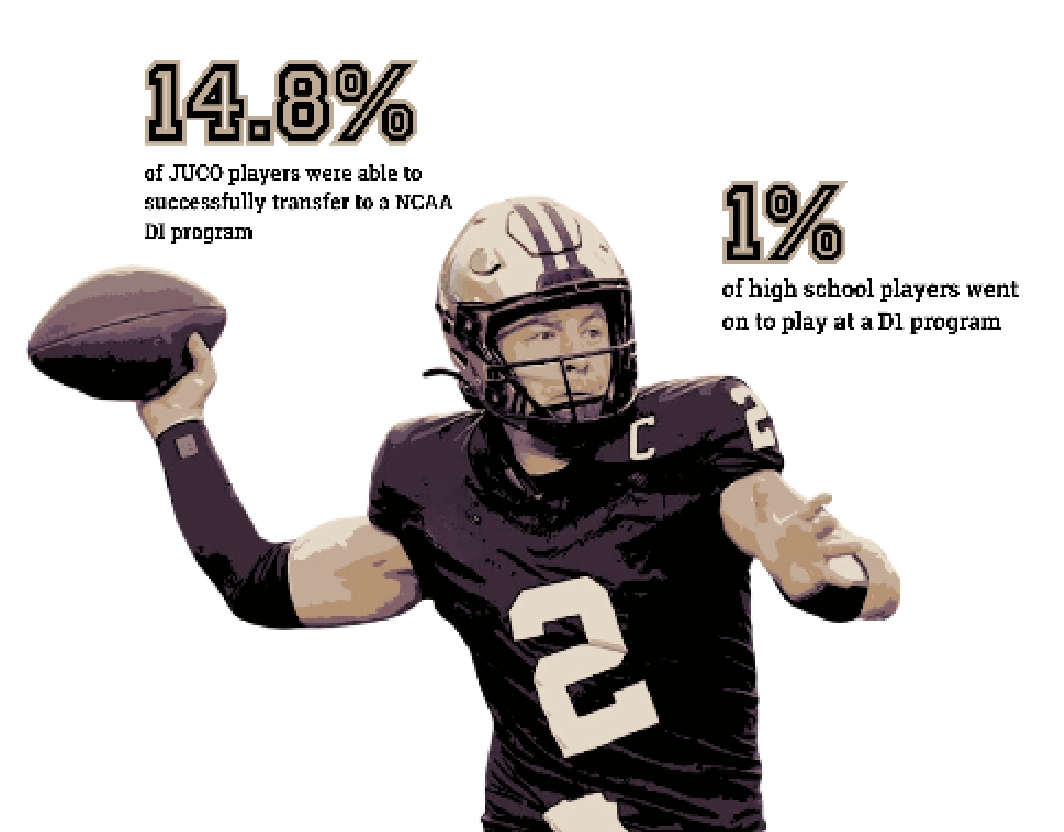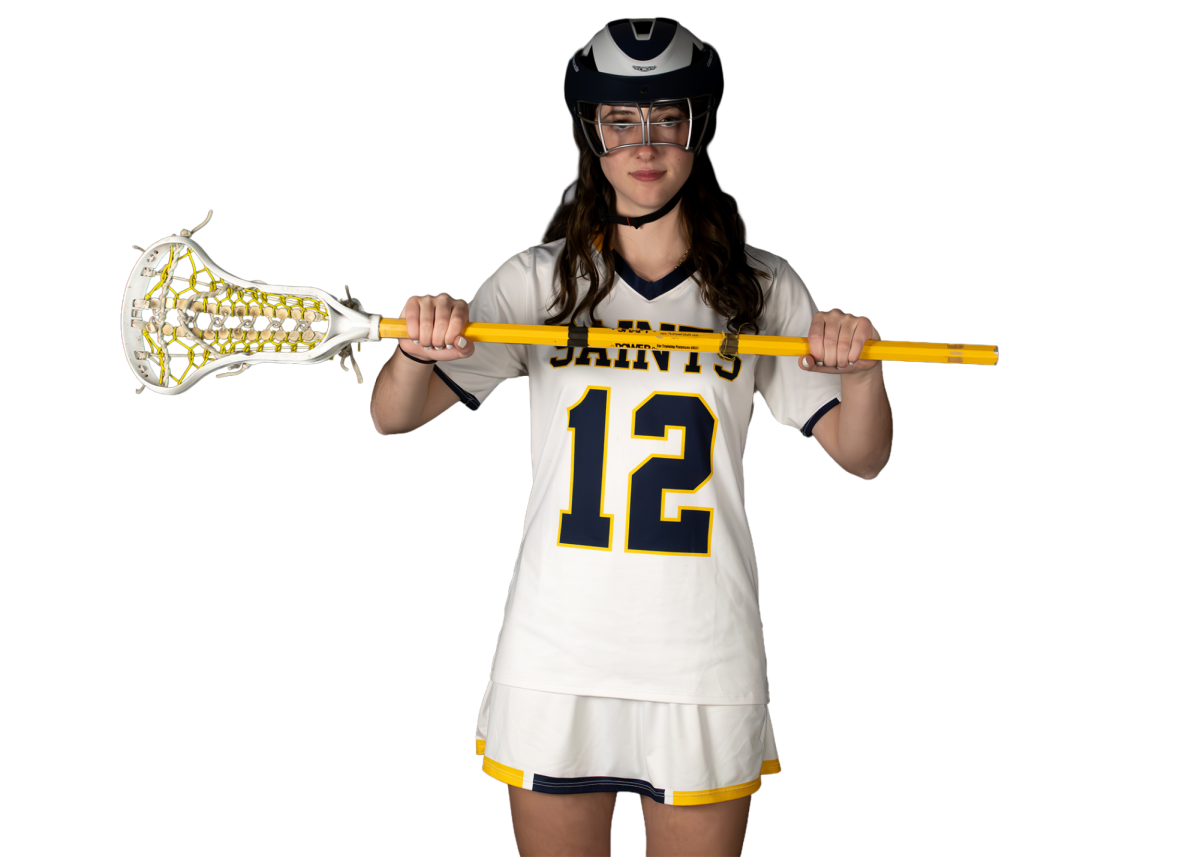In January, the Green Bay Packers had trouble selling out its home playoff game against the San Francisco 49ers. If not for a larger company in the area buying out the remaining the tickets that needed to be sold, it would have been the first time in more than 300 games that the Packers did not sell out a game at their home field, let alone a playoff game. Some are worried that the great at-home experience that is now offered through social media is significantly taking away from ticket sales.
Is it really worth paying to go to a game when you could enjoy a much better view at home, under a blanket with all your devices right at your side? In order to address this issue, professional sport team owners are trying to make the game day experience the best it has even been and are trying to embrace social media to increase fan interest.
This hasn’t always been the case. Just nine years ago, former Kansas City Chiefs running back Larry Johnson was cut from the team after tweeting about his coach. Fantasy sports were frowned upon by companies as one of the nation’s worst pastimes.
But times have changed. NFL sidelines now consist of cell phone stations where players can tweet in the middle of a game and check the scores of their personal fantasy teams during their own game. But if the players are affected by it, then their fans are truly obsessed. Statistics show that sports fans repeatedly check their social media sites, whether it be be Facebook, Twitter, or their fantasy teams, while watching a game on TV and that 60 percent of fans do so while at the game. There have been arguments that social media could either ruin or enhance the experience of professional sports. But whether people like it or not, they will have to adjust to it because it has come in like a freight train.
NFL Commissioner Roger Goodell states that social media and fantasy football are an asset to the game.
“Even if your team isn’t playing well, meaning the Giants[who finished with a 6-10 record] as an example of your teams, you’re still following your fantasy league or you›re following the Red Zone on your mobile device,” Goodell said. “So it has created more interest for a longer period of time.”
There are currently more than 33 million people in the United States who played fantasy football this past season; therefore, more than 33 million people constantly checked their laptops or mobile devices to see how their fantasy team is doing. That also means that about half of those people are tweeting about their teams. Fans now have more access to do this from the game. To try and keep up with the mass media trend, teams encourage tweeting during games. In fact, most professional stadiums now have stations where fans can check how their fantasy players are doing.
Tweeting while watching sports has become a significant trend. In the 2011 wild card round of the NFL playoffs, Twitter exploded with tweets about Tim Tebow after he threw an 80-yard touchdown pass to Demaryius Thomas in overtime to beat the Steelers. There were more than 9,000 tweets per second regarding Tim Tebow following that pass, which now holds the record for the most tweets per second regarding one topic. In 2012, Jeremy Lin went from a benchwarmer to a nationally known Twitter star. He went from 28,000 Twitter followers to 600,000 in just five days because of the hashtag “Linsanity.” News that could take weeks to hear about before mass media now takes just seconds.
From a high school standpoint, it has never been easier for high school athletes to communicate with collegiate coaches. There is actually a page on Facebook where high school athletes can make a recruiting video for coaches to see instantaneously. Instead of having to fly across the country to see prospective player’s, collegiate coaches can simply type a players name into Youtube and find a highlight reel of the player.
How social media will ultimately impact the sports world is the sports question of the decade. It has the potential to bring professional sports to a popularity before unknown. It also has the potential to kill them off forever. For high school athletes social media seems to be a blessing, but for professional sports it is certainly rewriting the game.





